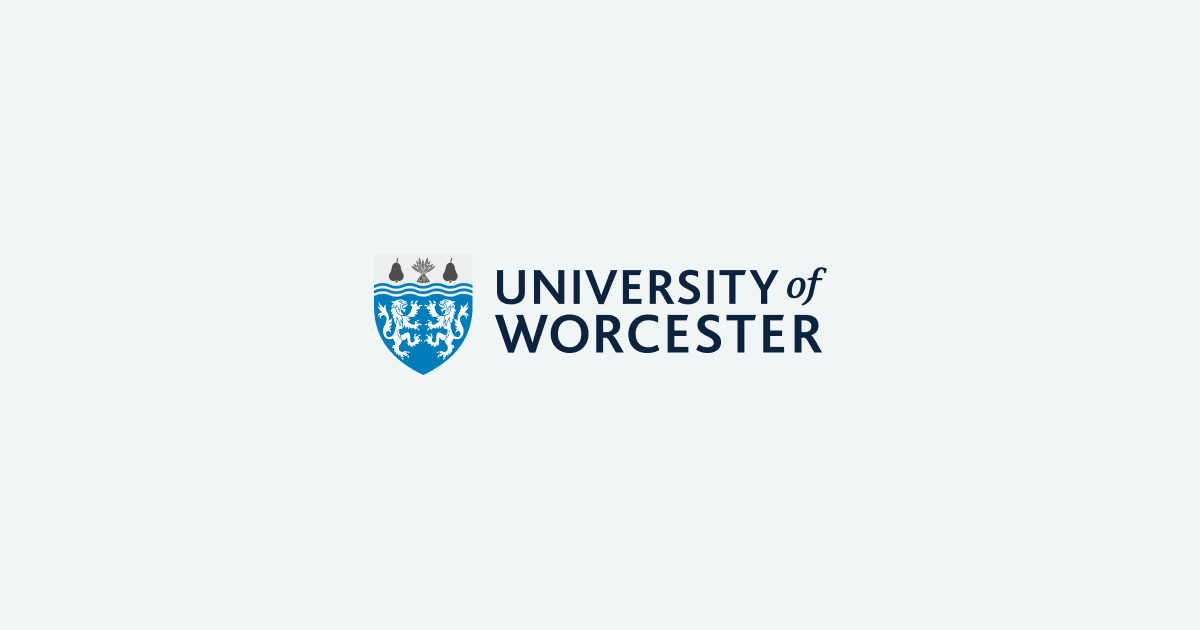Designed for those interested in the theories and evidence that shape counselling, our MSc provides a deep understanding of therapeutic theory and research – a valuable step toward careers in mental health, education, or further training.
University of the Year finalist
Recognised for our graduate success, we’re shortlisted for University of the Year in the Times Higher Education Awards 2025.
Overview
Our MSc in Counselling is designed for those interested in the ideas, evidence, and contexts that shape therapeutic work. It offers a rigorous academic exploration of counselling, focusing on the theories, research, and critical perspectives that underpin the profession.
Through this course, you’ll develop a deep understanding of psychological models, ethical considerations, and the wider social and political influences on mental health care. You’ll strengthen your ability to analyse complex issues, evaluate evidence-based approaches, and reflect on the role of counselling in contemporary society. Practical elements such as role play and case formulation help bring theory to life, while advanced research training and a final dissertation give you the opportunity to explore the topics that interest you.
Whether studied full-time or part-time, the course offers flexibility to suit your schedule. By the time you graduate, you’ll be well-prepared for roles in education, mental health support, research, and policy, as well as for progression to doctoral-level study.
Course details
Our courses are informed by research and current developments in the discipline and feedback from students, external examiners and employers.
We regularly review our courses to reflect the latest research and developments in the subject area, as well as feedback from students, employers and the wider sector. As a result, modules may change to ensure the course remains current and relevant.
Careers
This MSc in Counselling equips you with a strong foundation in psychological theory, research, and critical thinking – skills that are highly valued across a range of professions related to mental health and wellbeing. You'll graduate with the ability to analyse complex issues, evaluate evidence, communicate effectively, and critically reflect on practice.
While some graduates may go on to pursue further therapeutic training, many apply their learning in areas such as mental health support, education, youth work, coaching, advocacy, and service development. The course also prepares you for roles in policy, research, and organisational wellbeing, where a deep understanding of counselling theory and mental health is increasingly important.
Potential career paths include:
- Mental health support worker
- Wellbeing advisor
- Youth and family support roles
- Education and pastoral support
- Research assistant or policy analyst
- Roles in charities, community organisations, or the NHS
After graduating, you will also be well-positioned to pursue further academic study. This MSc provides a strong platform to progress onto our Psychology MPhil/PhD.
Course highlights
Teaching and assessment
Teaching is a mix of interactive seminars, lectures, one-to-one tutorials and workshops. Your assessments will help prepare you for a career as a counsellor and include case studies where you apply counselling techniques and roleplaying with a process report.
Teaching and assessment contents
The programmes utilise in-person delivery with modules being supported with the use of online reading materials. There is an emphasis on self-directed autonomous learning where you will apply learning outcomes and content to your own areas of interest or practice.
Teaching within the course aims to be engaging with formal approaches such as lectures being interspersed with discussion, debates, analysis of cases, and examples from practice settings. Learning approaches may include the use of Blackboard Collaborate, online discussion forums and flipped classrooms which expect you to complete independent work in preparation for teaching sessions to reinforce learning.
Sessions take a variety of formats and are intended to enable the application of learning through discussion and small group activities. Seminars enable the discussion and development of understanding of topics covered in lectures and are focused on developing subject-specific skills and applied individual and group project work. Tutorials are a key aspect of the learning strategy where you are encouraged to share your assessment plans with tutors and peers, allowing structured questions and feedback. Tutorials can be in-person or utilise digital/videoconferencing technologies such as Skype/MS Teams/Zoom etc.
In addition, you will have a minimum of two meetings with your Personal Academic Tutors, timed to coincide with key points such as induction or assessment. When undertaking the dissertation module, a supervisor will be allocated towards the start of the module. Timetabled group support sessions as well as individual tutorials will be used for supervision of the independent research dissertation.
Meet the team
You will be taught by a teaching team whose expertise and knowledge are closely matched to the content of the modules on the course.
Entry requirements
You'll need an honours degree (normally a minimum of lower second class) preferably in an associated subject or equivalent professional qualifications.
Any questions?
If you have any questions about entry requirements, please call our Admissions Office on 01905 855111 or email admissions@worc.ac.uk.
Fees
Fees contents
UK and EU Students
In 2026/27 standard fee for full-time home and EU students enrolling on MA/MSc/MBA and MRes degrees is £9,730 per year.
Tuition fees are reviewed annually and may increase each year for both new and continuing students.
For more details on course fees, please visit our course fees page.
International students
In 2026/27 standard fee for full-time international students enrolling on MA/MSc/MBA and MRes degrees is £18,400 per year.
Tuition fees are reviewed annually and may increase each year for both new and continuing students.
For more details on course fees, please visit our course fees page.
How to apply
How to apply contents
Apply to study
Please make your application via our online application forms.
If you have any questions, please contact the Admissions office on 01905 855111 or admissions@worc.ac.uk
Contact
If you have any questions, please get in touch. We're here to help you every step of the way.

MSc Counselling Course Leaders
MScCounsellingCourseLeaders@worc.ac.ukAdmissions Office
admissions@worc.ac.uk01905 855111More to explore
Open Days
Visiting us is the best way to get a feel for student life at the University of Worcester.

The City of Worcester
Worcester is a welcoming university city with great transport links and plenty of student parking.

Accommodation
Benefit from our accommodation guarantee. We have rooms on campus to suit every budget including en-suite options.






